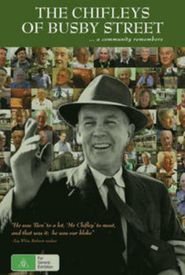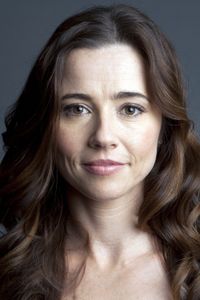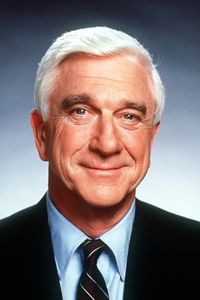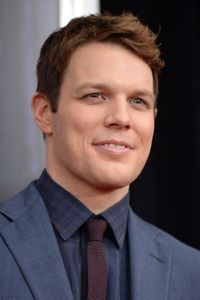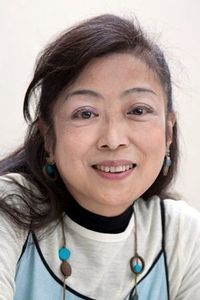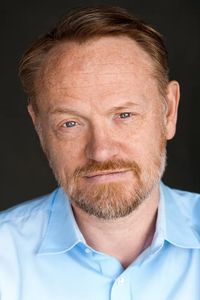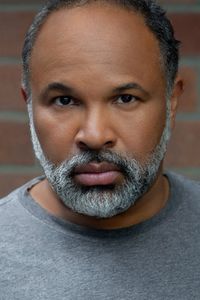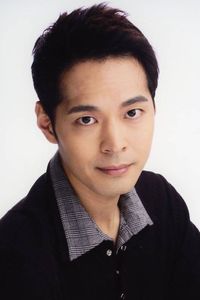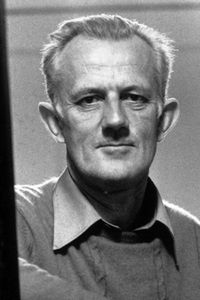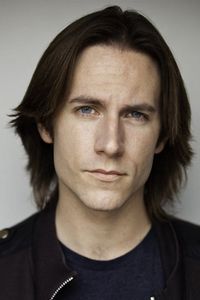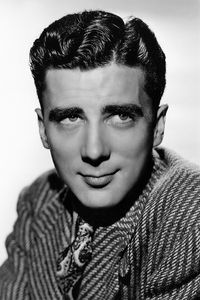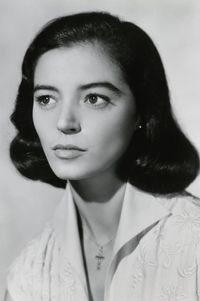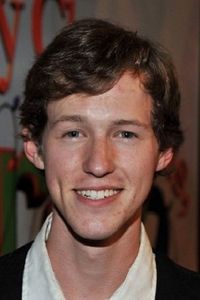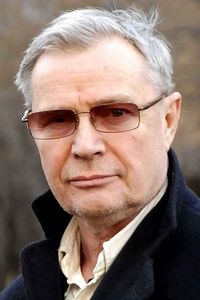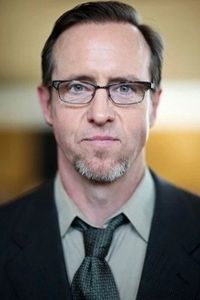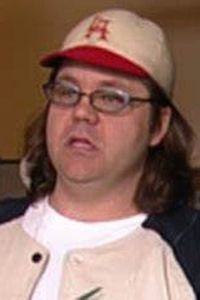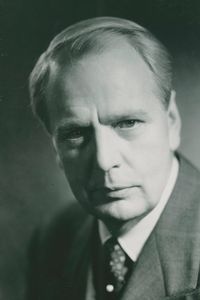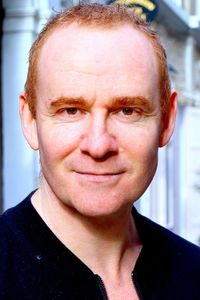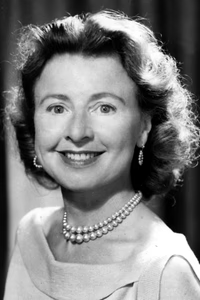Andrew Pike is a renowned film industry professional, co-authoring the book "Australian Film, 1900-1977" with Ross Cooper and published by Oxford University Press.
In 1974, he founded Ronin Films with his wife, Dr. Merrilyn Fitzpatrick, a specialist in China studies. The company has been at the forefront of innovative distribution and marketing activities, earning Andrew the Australian Film Institute's Byron Kennedy Award in 1986.
Ronin Films has a special interest in films from China and Japan, importing many key films from the Chinese "Fifth Generation" directors in the 1980s and organizing visits to Australia by renowned Chinese directors, including Chen Kaige, Wu Tianming, Zhang Zeming, Huang Jianxin, and Tian Zhuangzhuang.
In addition to distributing films from around the world, Ronin has dedicated a significant portion of its work to promoting and marketing Australian productions. Notable Australian feature films distributed by Ronin include "Strictly Ballroom," "Shine," and "Road To Nhill," all of which achieved remarkable domestic box-office success.
Ronin's catalogue of independent Australian documentaries numbers in the hundreds and includes several titles released theatrically, such as "Cunnamulla," "Facing The Music," "My Mother India," and "Wedding In Ramallah."
As an exhibitor, Ronin has operated the successful Electric Shadows Cinemas in Canberra since 1979, earning the reputation as a cultural icon in the city.
In 2003, the French government honored him with the rank of Chevalier dans L'Ordre des Arts et Lettres for his work in distributing and exhibiting French cinema in Australia.
Andrew has served as a member of the Board of the Australian Film Commission for three years, from 1989 to 1992, and received a special award from the Australian Film Critics' Circle in 1992 for his contributions to the film industry.
In 1999, he was involved in the formation of the Friends of the National Film and Sound Archive, Inc., an organization dedicated to supporting the Archive's work and promoting best practices in the film archive profession. From 2000 to 2003, Andrew served on the Council of the National Screen and Sound Archive.

